Yesterday’s earthquake, with a magnitude of 7.9 on the Richter Scale, killed thousands of people. It is now 9 AM on Sunday morning and just had a report from friends in Nepal about a major after shock whilst the number of reported deaths is increasing by the hour. The number of causalities in rural areas will only become known over the next few weeks, because of the remoteness of some of the affected areas and the damage to infrastructure (roads, power cables, telephone, and internet links). We know from previous disasters in low-income countries like Nepal that help will be slower to reach rural areas.
The Government of Nepal has asked for international aid and the first aid arrived yesterday from neighbouring India. Yesterday the United States has made one million US$ available for the most immediate aid according to USAID, whilst the Belgian government activated its so-called B-Fast team (Belgian First Aid & Support Team). Like many countries, the UK has offered support. These big relief efforts are vital, especially for the immediate support in finding people under the rubble, and bringing in clean water, blankets, food, medicine and other supplies.
Only last month we published an editorial arguing that Nepal needs a greater focus on health protection to tackle emerging public health ha zards.1 In this editorial we observed that “whilst Nepal has made some head way in disaster planning, much of this seems to be focused mainly around earthquake disaster planning only.” The coming weeks and months we teach us to what extent this earthquake disaster management has been effective.
zards.1 In this editorial we observed that “whilst Nepal has made some head way in disaster planning, much of this seems to be focused mainly around earthquake disaster planning only.” The coming weeks and months we teach us to what extent this earthquake disaster management has been effective.
Researchers at BU have been working in Nepal for over ten years and in that period, have come to know many people and made lots of friends. We are worried about those we know personally, friends across Nepal, especially in our field sites, former and current Green Tara Nepal staff, the shop keepers next door to the Green Tara office, former and current students, and so on. Like so many people our first reaction was that we need to do something, starting with collecting money for the people of Nepal. We have decided that unlike a general appeal for help, like many friends of Nepal will set up over the next few days across the globe, we would stick to what we are good at: (a) improving maternity care in rural Nepal; and (b) stimulating health promotion. The former because women will continue to become pregnant and babies will continue to be born, the latter because the risk is that any disaster relief will focus on the here and now. Moreover, we want our disaster relief to be based on the same principles as outlined in Table 1 as the rest of our work.2
Table 1: Underlying philosophy of the Green Tara programme
The desired intervention or programme needs to be:
- Community-based.
- Culturally appropriate.
- Women-centred, including working with those affecting women’s access to improved health (e.g. mothers in law, husbands).
- Small-scale.
- Sustainable.
- Making best use of existing resources, both from the government and others in the locality.
- Low cost.
- Involve stakeholders at all stages to increase ownership and maximise chances of sustainability.
|
Donations can be made to Green Tara Trust (London) through the official donation web page:
https://uk.virginmoneygiving.com/fundraiser-web/donate/makeDonationForCharityDisplay.action?charityId=1008396
This money will be used to implement sustainable low-cost, health intervention projects, working in close collaboration with local communities. There need to be projects on the ground now which are focusing immediately on the long-term preventative approach.
Please give generously!
Karunamati (Green Tara Trust, UK)
Padma Dharini (Green Tara Trust, UK)
Padam Simkhada (Liverpool John Moores University & Green Tara Nepal)
Edwin van Teijlingen (Bournemouth University, UK)
References:
- Simkhada, P., Lee, A., van Teijlingen, E., Karki, P., Neupane C.H. (2015) Need and importance of health protection training in Nepal, Nepal Journal of Epidemiology (editorial) 5(1): 441-443.
- van Teijlingen, E., Simkhada, P., Stephen, J., Simkhada, B., Woodes Rogers, S., Sharma, S. (2012) Making the best use of all resources: developing a health promotion intervention in rural Nepal. Health Renaissance 10(3): 229-235.
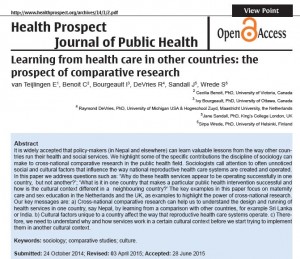

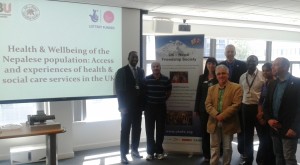
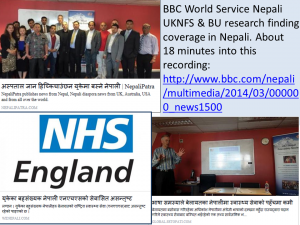 uth Asian and broader Black & Minority Ethnic (BME) communities in the UK.
uth Asian and broader Black & Minority Ethnic (BME) communities in the UK.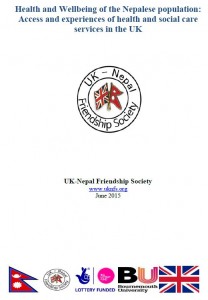
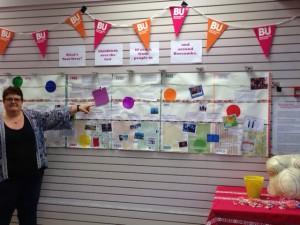
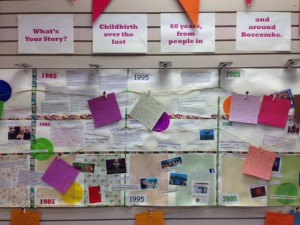


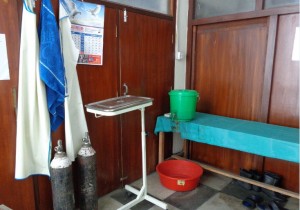
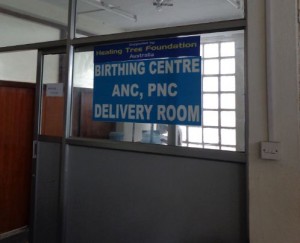
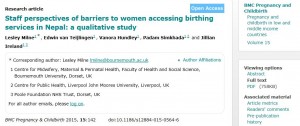
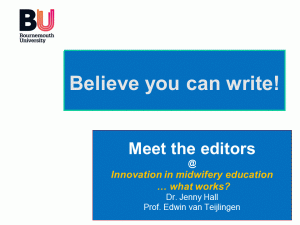
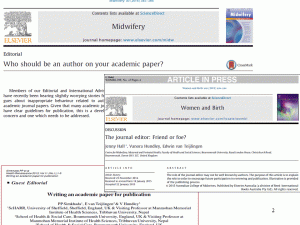
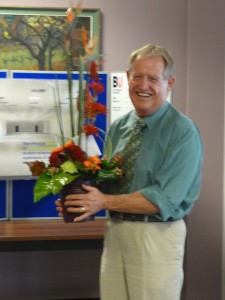
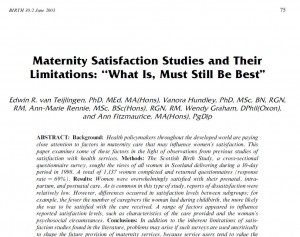
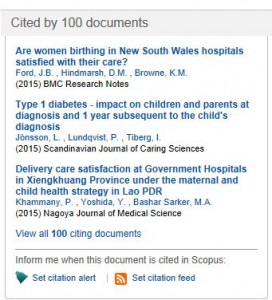


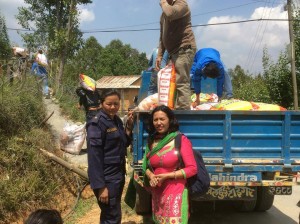
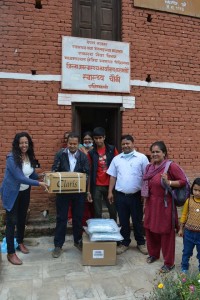
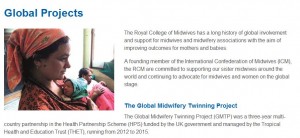
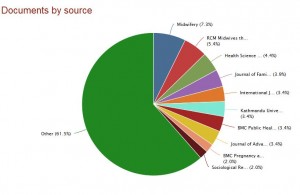

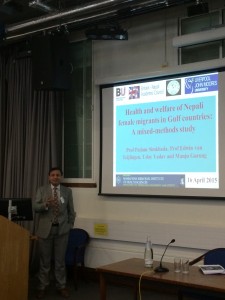













 Beyond Academia: Exploring Career Options for Early Career Researchers – Online Workshop
Beyond Academia: Exploring Career Options for Early Career Researchers – Online Workshop UKCGE Recognised Research Supervision Programme: Deadline Approaching
UKCGE Recognised Research Supervision Programme: Deadline Approaching SPROUT: From Sustainable Research to Sustainable Research Lives
SPROUT: From Sustainable Research to Sustainable Research Lives BRIAN upgrade and new look
BRIAN upgrade and new look Seeing the fruits of your labour in Bangladesh
Seeing the fruits of your labour in Bangladesh ECR Funding Open Call: Research Culture & Community Grant – Apply now
ECR Funding Open Call: Research Culture & Community Grant – Apply now ECR Funding Open Call: Research Culture & Community Grant – Application Deadline Friday 12 December
ECR Funding Open Call: Research Culture & Community Grant – Application Deadline Friday 12 December MSCA Postdoctoral Fellowships 2025 Call
MSCA Postdoctoral Fellowships 2025 Call ERC Advanced Grant 2025 Webinar
ERC Advanced Grant 2025 Webinar Update on UKRO services
Update on UKRO services European research project exploring use of ‘virtual twins’ to better manage metabolic associated fatty liver disease
European research project exploring use of ‘virtual twins’ to better manage metabolic associated fatty liver disease